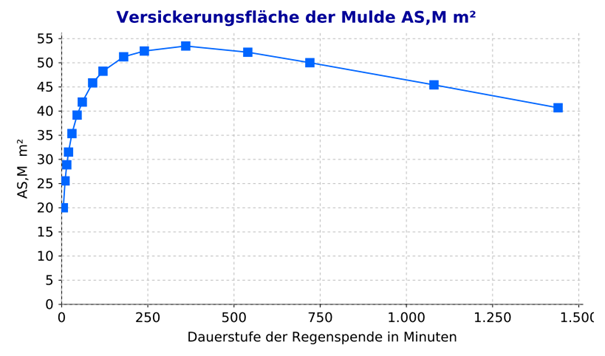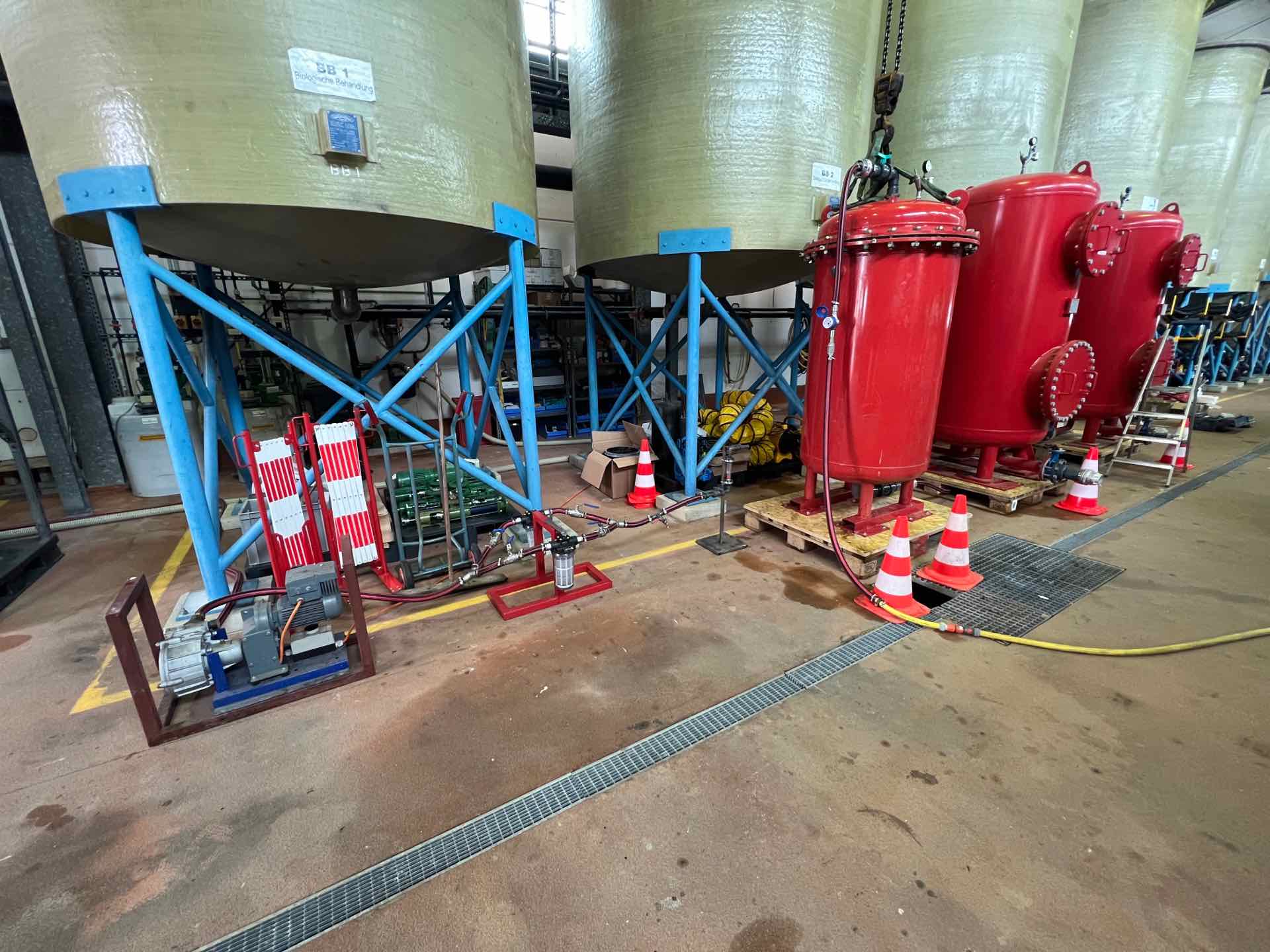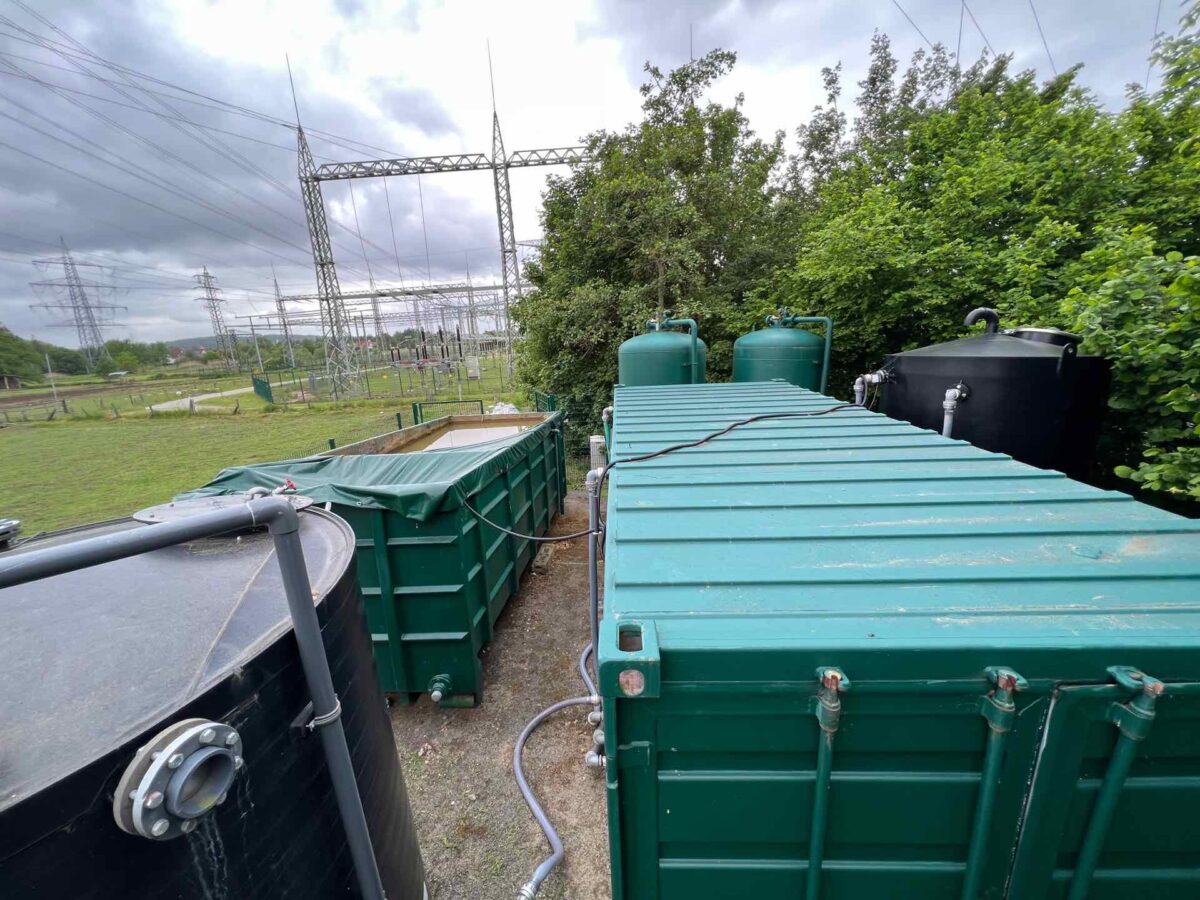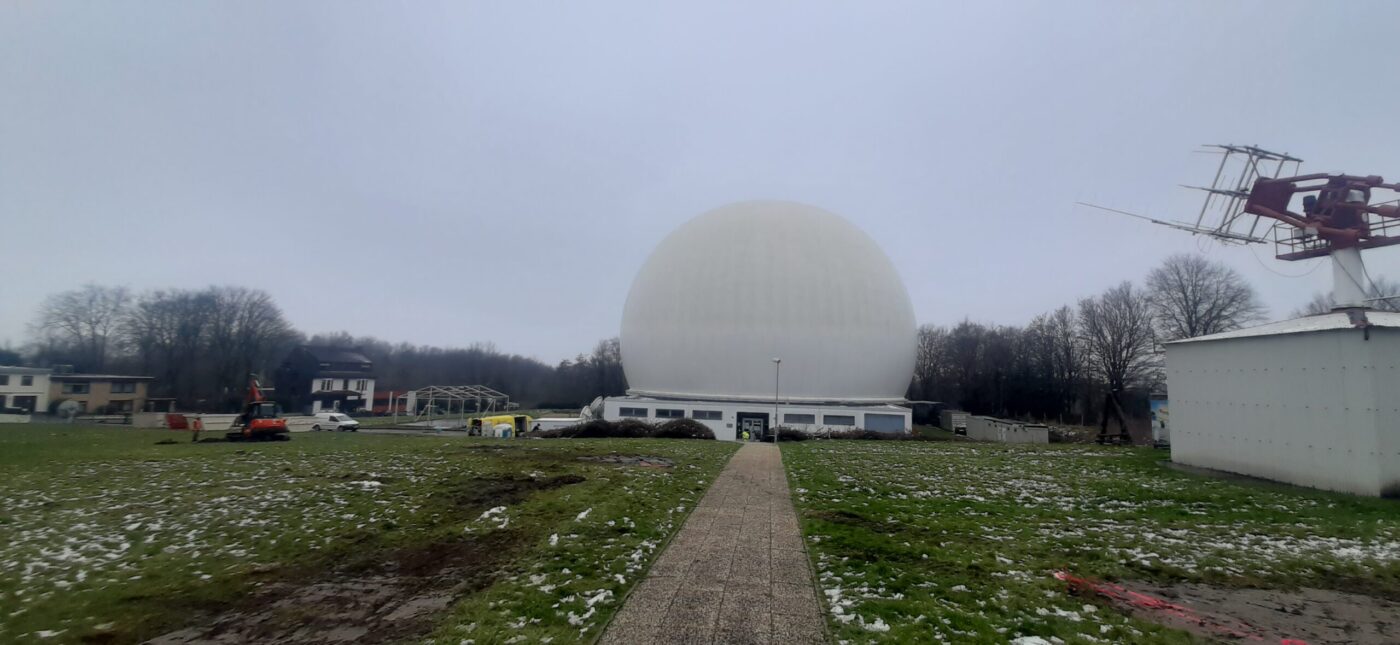
Due to the dramatic decline in insects, which are so indispensable for us and our ecosystems, the German government introduced a law to protect insects on 10 February 2021 at the suggestion of the Federal Ministry for the Environment. This law will result in numerous new regulations to protect insects in the Federal Nature Conservation Act.
The Insect Protection Act provides for the following measures:
- Insect habitats such as dry stone walls, stone bars, orchards and extensively used meadows will be legally protected as biotopes in future.
- In protected areas, certain forms of plant protection products (biocides) with adverse effects on insects are to be banned as a matter of principle. The use of pesticides will also be banned on the edges of bodies of water in future. The use of the controversial glyphosate will initially be severely restricted and completely banned from the end of 2023.
- Artificial light sources attract nocturnal insects and lead to their death. To counteract this, the installation of certain lighting in protected areas is to be banned as a matter of principle and the operation of sky spotlights is to be severely restricted by ordinance. Limit values for light emissions can also be set.
- In future, the use of insect traps outside enclosed spaces is to be restricted or prohibited by regulations.
Federal Environment Minister Schulze explains that humans cannot live without insects. For artificial pollination of fruit plants alone, huge sums of money would have to be spent if insects were no longer available as pollinators. For this reason, it would be in everyone's interest to stop the extinction of insects. Although insect protection measures are often criticised by farmers, those who protect insects ensure that agriculture will still be possible tomorrow. Rewards are also available for farmers who refrain from using insecticides.
The Insect Protection Act is flanked by the BMU's Insect Protection Action Programme.
Source of information: www.bmu.de/insektenschutz/
Find out more about our work and projects and follow us: ![]()
![]()
![]()
![]()
#mullandpartner #engineeringforabettertomorrow #insectprotection #sustainability #environment #bmu







